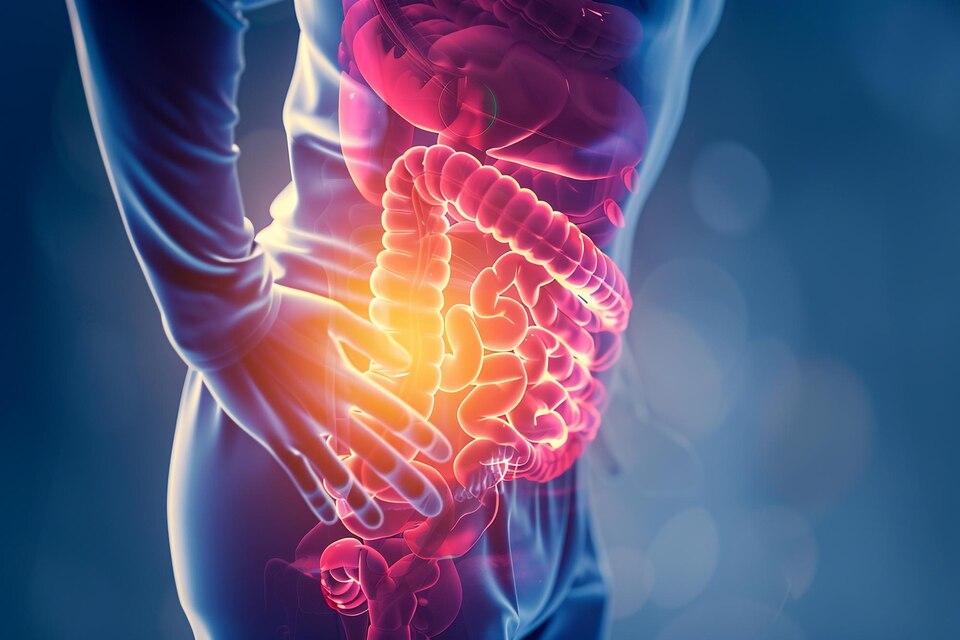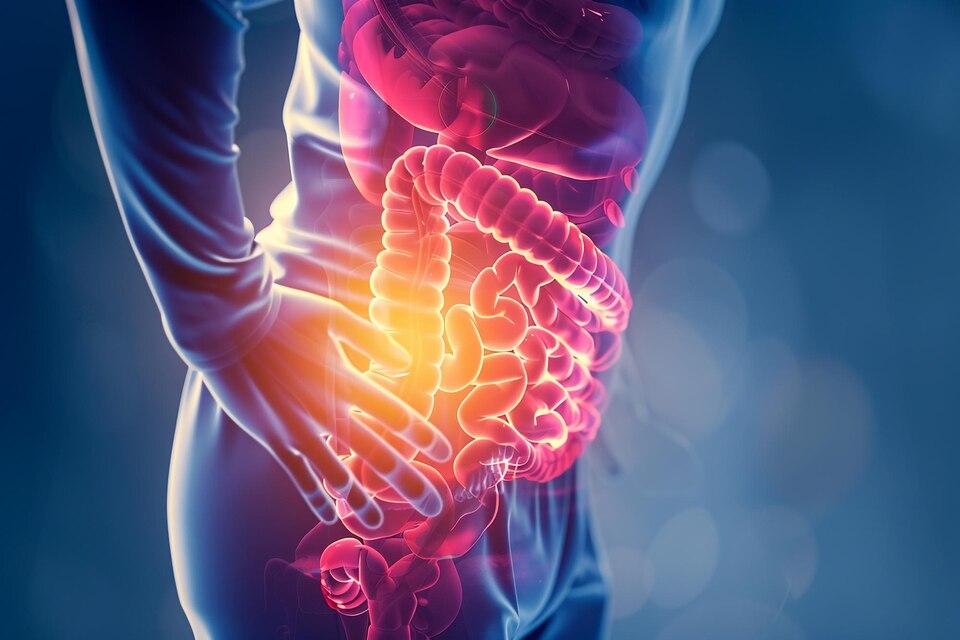
Colon cancer is a major health concern globally, known for its seriousness and prevalence. Early detection is crucial for effective treatment, and understanding the warning signs can make a significant difference. This guide will walk you through the essential symptoms and indicators of colon cancer, helping you know when to consult a healthcare professional. Whether you're at risk or simply want to stay informed, this information is vital.
Understanding Colon Cancer
Colon cancer, or colorectal cancer, starts in the colon or rectum. It often begins as a small growth called a polyp that may become cancerous over time. In its early stages, colon cancer might not present noticeable symptoms, making regular screenings and awareness of warning signs essential. Colon cancer is extremely treatable if it is discovered early.
If you live in Gujarat, consulting a specialist Gastroenterologist in Surat is a smart move. These experts offer crucial screenings and risk assessments, increasing the chances of early detection.
Common Symptoms of Colon Cancer
While early-stage colon cancer may not show symptoms, there are several key signs to watch for:
-
Changes in Bowel Habits: Persistent changes such as diarrhea or constipation could signal colon cancer. If you notice consistent alterations in bowel movements lasting more than a few weeks, it’s important to see a doctor.
-
Blood in the Stool: Seeing blood in your stool—whether bright red or dark and tarry—is a significant warning sign. While it can result from other conditions, it should never be ignored.
-
Unexplained Weight Loss: Sudden weight loss without a clear cause may indicate an underlying issue, such as cancer. This occurs because cancer cells consume a lot of energy or because a tumor affects appetite and digestion.
-
Persistent Abdominal Discomfort: Chronic pain, cramps, or bloating in the abdomen may be early signs of colon cancer. These symptoms can resemble common digestive issues, but persistent symptoms warrant medical attention.
-
Fatigue and Weakness: Ongoing fatigue that doesn’t improve with rest can be a subtle sign of colon cancer, often caused by blood loss leading to anemia.
The Importance of Screening
Regular screenings are crucial for early detection of colon cancer, even before symptoms arise. Preventing Colon Cancer: Tips and Screening Guidelines emphasize that early detection through screening greatly improves treatment outcomes. Those at risk or over the age of 50 should consider regular check-ups.
Screening options include:
-
Colonoscopy: This comprehensive method allows doctors to view the entire colon and remove any polyps during the procedure if necessary.
-
Stool Tests: Less invasive options like the fecal immunochemical test (FIT) or guaiac-based fecal occult blood test (gFOBT) can detect hidden blood in the stool.
-
CT Colonography: Also known as a virtual colonoscopy, this imaging test offers a detailed view of the colon and rectum.
Risk Factors for Colon Cancer
Understanding risk factors can help you make informed health decisions. Key risk factors include:
-
Age: Risk increases after age 50, though younger adults can also develop colon cancer.
-
Family History: A family history of colon cancer or polyps raises your risk.
-
Diet: Diets high in red or processed meats and low in fruits and vegetables may contribute to colon cancer.
-
Lifestyle: Lack of exercise, obesity, smoking, and heavy alcohol use can increase risk.
-
Medical History: Conditions like inflammatory bowel disease (e.g., Crohn’s disease and ulcerative colitis) can raise risk.
How to Reduce Your Risk
Though some risk factors are out of your control, you can take proactive steps to lower your risk of colon cancer:
-
Consume a Balanced Diet: Limit red and processed meats and emphasize fruits, vegetables, and whole grains.
-
Exercise Regularly: Moderate physical activity can help reduce your risk.
-
Avoid Smoking and Limit Alcohol: Quitting smoking and moderating alcohol consumption are crucial for reducing risk.
-
Maintain a Healthy Weight: Obesity is linked to a higher risk of colon cancer, so achieving and maintaining a healthy weight is important.
-
Get Regular Screenings: Regular screenings are essential for early detection and successful treatment.
When to See a Doctor
Consult a healthcare professional if you experience any symptoms mentioned above, especially if they persist. Symptoms such as blood in the stool, unexplained weight loss, and changes in bowel habits should prompt a visit to your doctor. A specialist in Gastroenterology in Surat can evaluate your symptoms, recommend appropriate screenings, and provide necessary treatments.
Conclusion
Colon cancer, while serious, is highly preventable and treatable with early detection. By recognizing key symptoms, understanding the importance of screening, and taking steps to reduce your risk, you can safeguard your health. Stay proactive about your health, and don’t hesitate to seek medical advice if you notice concerning symptoms. Early detection can make all the difference in managing and treating colon cancer effectively. Remember that your health is in your hands; stay informed, and watchful, and take action when necessary. Whether you need preventive advice or treatment, understanding colon cancer signs and when to seek help can lead to a healthier, longer life.



